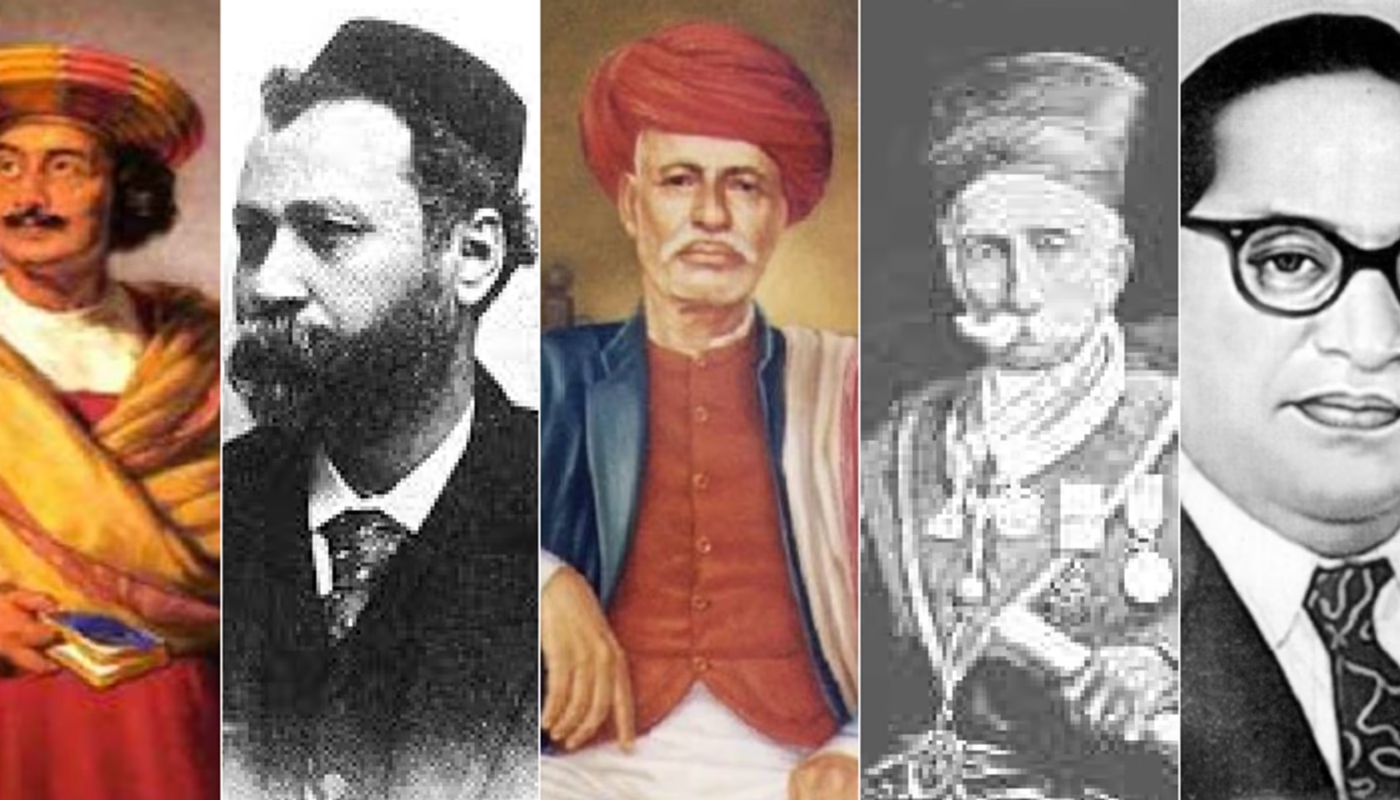Because feminism isn’t just for women — it’s for everyone.
When we talk about women’s rights and equality in India, we often focus on powerful women who broke barriers — and rightly so. But there’s another side to this story too:
The men who stood up, spoke out, and stood beside women — even when it wasn’t easy.
They challenged society, went against tradition, and questioned the norms — not to overpower women, but to empower them.
Let’s take a moment to remember these men — our unsung heroes of gender equality.
📜 1. Raja Ram Mohan Roy – The Voice Against Sati & Child Marriage
One of the earliest social reformers in India, Raja Ram Mohan Roy fought fiercely against Sati, the inhuman practice where widows were burned alive on their husband’s funeral pyres.
He also advocated for women’s education and widow remarriage, at a time when women were denied even basic human rights.
“Let women be educated, not as ornaments, but as citizens.”
— Raja Ram Mohan Roy
Because of his efforts, Sati was officially banned in 1829 — a landmark moment in Indian history.
🕊 2. Ishwar Chandra Vidyasagar – The Father of Modern Education for Women
In the 19th century, when women’s education was taboo, Vidyasagar became a revolutionary.
He opened schools for girls, fought for widow remarriage, and spoke against polygamy and the mistreatment of women.
Despite opposition, he stood firm, saying that without education, women would remain oppressed and dependent.
His legacy? Thousands of girls were able to step into classrooms for the first time because he believed they deserved better.
✒️ 3. Jyotirao Phule – The Champion of Women & Caste Equality
Jyotirao Phule and his wife Savitribai Phule were a dream team — both worked for women’s rights and the upliftment of lower castes. But what’s beautiful is that he stood beside her, not above her.
He founded the first school for girls in India in 1848, supported Dalit women’s education, and openly challenged the patriarchy of Brahminical society.
“A woman should be as free and equal as a man — for she gives birth to humanity.”
— Jyotirao Phule
✊ 4. Mahatma Gandhi – The Silent Warrior for Women’s Empowerment
Gandhiji believed that no society could be free unless its women were free.
He encouraged women to participate in the freedom movement, boycotts, and marches — treating them as equals in the fight for independence.
He also spoke against:
- Child marriage
- Dowry
- Purdah (veiling)
While some may critique his ideas for being rooted in a moral framework, there’s no denying that he gave Indian women a voice in the national struggle.
📚 5. Dr. B.R. Ambedkar – The Architect of Equality
Dr. Ambedkar was a feminist before the word became popular.
He wrote extensively about women’s rights, supported women’s representation in politics, and included gender equality as a core principle in the Indian Constitution.
He believed:
“I measure the progress of a community by the degree of progress women have achieved.”
He fought to ensure equal pay, maternity benefits, and legal protections for women in the workplace.
🌱 Modern Echoes: Men Must Continue the Legacy
Today, we still need male allies who:
- Call out sexism
- Support women’s education
- Share household responsibilities
- Raise daughters to dream big — and sons to respect them
Feminism is not about women vs. men. It’s about all of us vs. inequality.
💬 Final Thought
The history of women’s rights in India is not just written by women — it’s co-authored by men who had the courage to stand beside them.
They broke rules so women could break barriers.
So let’s not just celebrate these men in history —
Let’s become them in today’s world.
👊 Equal rights. Equal voice. Equal future.



